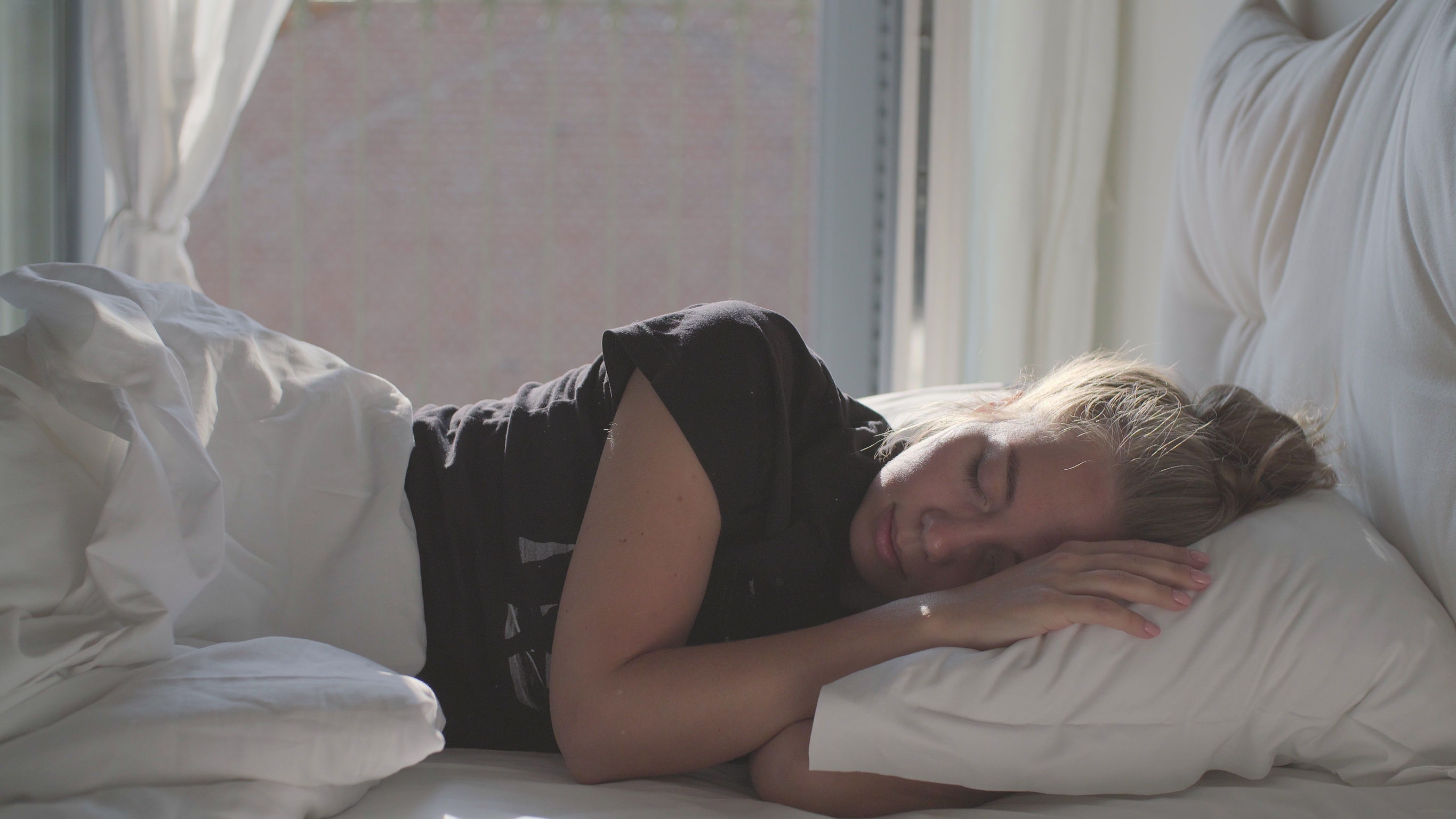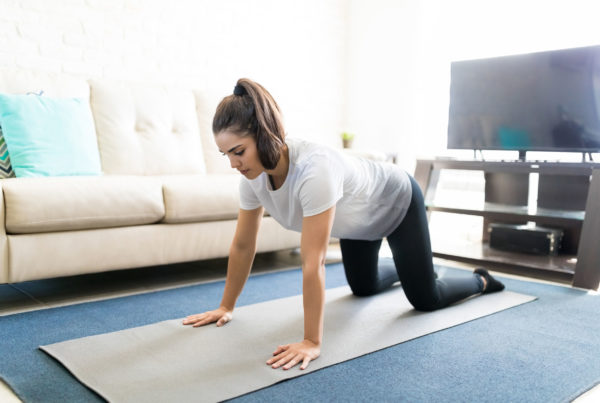”New York, are you looking for ways to improve your sleep? This week's article suggests how we can increase our sleep quality and quantity. We hope you find this helpful and helps you get a great night's sleep!
Reading Time: 2 Minutes
MWi Hacks:
- Discover six top tips on how to sleep better tonight
- Learn why improving your sleep habits can improve your health
MWi Summary:
- Here are six tips to help improve your sleep quantity and quality:
- Stick to a sleep schedule
- Pay attention to what you eat and drink. For example, avoid nicotine, caffeine, and alcohol before bed.
- Create a restful environment
- Limit daytime naps
- Include physical activity in your daily routine
- Manage worries
- It is important to consider contacting your healthcare provider if you have consistent trouble sleeping.
Sleep tips: 6 steps to better sleep
You’re not doomed to toss and turn every night. Consider simple tips for better sleep, from setting a sleep schedule to including physical activity in your daily routine.
Think about all the factors that can interfere with a good night’s sleep — from work stress and family responsibilities to unexpected challenges, such as illnesses. It’s no wonder that quality sleep is sometimes elusive.
While you might not be able to control the factors that interfere with your sleep, you can adopt habits that encourage better sleep. Start with these simple tips.
1. Stick to a sleep schedule
Set aside no more than eight hours for sleep. The recommended amount of sleep for a healthy adult is at least seven hours. Most people don’t need more than eight hours in bed to achieve this goal.
Go to bed and get up at the same time every day. Try to limit the difference in your sleep schedule on weeknights and weekends to no more than one hour. Being consistent reinforces your body’s sleep-wake cycle.
If you don’t fall asleep within about 20 minutes, leave your bedroom and do something relaxing. Read or listen to soothing music. Go back to bed when you’re tired. Repeat as needed.
2. Pay attention to what you eat and drink
Don’t go to bed hungry or stuffed. In particular, avoid heavy or large meals within a couple of hours of bedtime. Your discomfort might keep you up.
Nicotine, caffeine, and alcohol deserve caution, too. The stimulating effects of nicotine and caffeine take hours to wear off and can wreak havoc on quality sleep. And even though alcohol might make you feel sleepy, it can disrupt sleep later in the night.
3. Create a restful environment
Create a room that’s ideal for sleeping. Often, this means cool, dark, and quiet. Exposure to light might make it more challenging to fall asleep. Avoid prolonged use of light-emitting screens just before bedtime. Consider using room-darkening shades, earplugs, a fan, or other devices to create an environment that suits your needs.
Doing calming activities before bedtime, such as taking a bath or using relaxation techniques, might promote better sleep.
4. Limit daytime naps
Long daytime naps can interfere with nighttime sleep. If you choose to nap, limit yourself to up to 30 minutes and avoid doing so late in the day.
If you work nights, however, you might need to nap late in the day before work to help make up your sleep debt.
5. Include physical activity in your daily routine
Regular physical activity can promote better sleep. Avoid being active too close to bedtime, however.
Spending time outside every day might be helpful, too.
6. Manage worries
Try to resolve your worries or concerns before bedtime. Jot down what’s on your mind and then set it aside for tomorrow.
Stress management might help. Start with the basics, such as getting organized, setting priorities, and delegating tasks. Meditation also can ease anxiety.
Know when to contact your doctor
Nearly everyone has an occasional sleepless night — but if you often have trouble sleeping, contact your doctor. Identifying and treating any underlying causes can help you get the better sleep you deserve.
MWi would like to thank the Mayo Clinic for their expert insights that we were able to share with our community. To read the original article go to:
https://www.mayoclinic.org/healthy-lifestyle/adult-health/in-depth/sleep/art-20048379
About the Author
The product development team consists of experts in content development and production, product management, and user experience and design. Because physicians, scientists and other medical experts dedicate a portion of their clinical time to this site, we are in the unique position to give you access to the knowledge and experience of Mayo Clinic.






